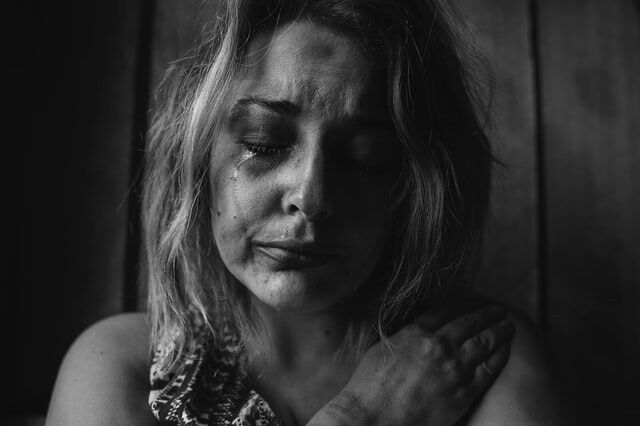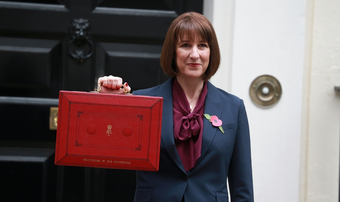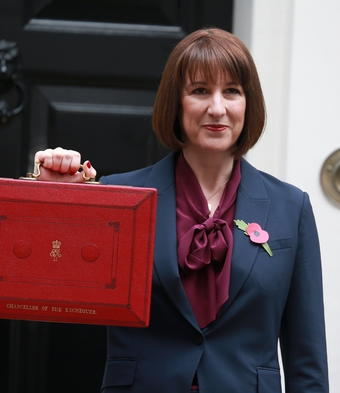MSPs are right to call out the sex trade and demand action

On the evening of 3rd November, the Scottish Parliament hosted a members’ debate on commercial sexual exploitation based on a very strong motion lodged by Elena Whitham MSP (SNP). Several MSPs took to their feet to demand urgent action to criminalise the purchase of sex, an act which the Scottish Government already recognises as a form of violence against women.
As CARE for Scotland explained in our briefing sent to MSPs before the debate: “Prostitution is an inherently exploitative form of gender-based violence that unquestionably creates a market for trafficking. For the sake of the women who continue to be harmed and exploited in Scotland on a daily basis, it is essential that policymakers move to criminalise the purchase of sex without delay, and to actively help those looking to escape.”
Opening her debate, Elena Whitham powerfully unpacked the inherent contradiction of the law as it stands: “We recognise that prostitution is violence against women, but our laws do not, and the consequences are all too real. A sex buyer knows that if he perpetrates that form of violence against women, the criminal justice system will be a passive bystander... Men who want to sexually exploit women can anonymously and freely peruse ads on those sites; select women from an online catalogue according to their own location and preferences; and order them as easily as they might order a takeaway.”
Her SNP colleague, John Mason, who used his speech to thank CARE for our briefing, noted that “although not every woman in the sex trade has been trafficked, almost all trafficked women in Europe are in the sex trade.”
Arguably the bravest speech of the evening was given by Rhoda Grant (Labour) who ‘called out’ the vested interests who oppose reform: “What unites the myths that are circulated to oppose criminalising online pimping and paying for sex is the same underlying message: “Do not intervene and do not try to prevent it. Just accept it and be a bystander.” It is time for Parliament to stop being a bystander. Vested interests will oppose any attempt to shift the burden of criminality off victims and on to perpetrators, because that would undermine their ability to profit from sexual exploitation.”
Similarly, Gillian Martin (SNP) said: “Our focus must be on protecting exploited women. That means criminalising traffickers and the people who exploit women. I applaud calls to extend that to the buyers, who are just as guilty of exploitation as the people who traffic and pimp.”
Summing up for the Scottish Government, Ash Regan, Minister for Community Safety, assured the Chamber: “I am committed to working with members across the chamber and with stakeholders on tackling prostitution in the context of how women and girls should be viewed in an equal society. Our current programme for government commits to that action. We have now begun work to develop our own model for Scotland to effectively tackle and challenge men’s demand for prostitution.”
Let us pray that the our politicians would continue to support one another to have the courage of their convictions, and pass legislation to criminalise men who purchase sex, and to enable women to more easily exit the so-called ‘sex trade’.






